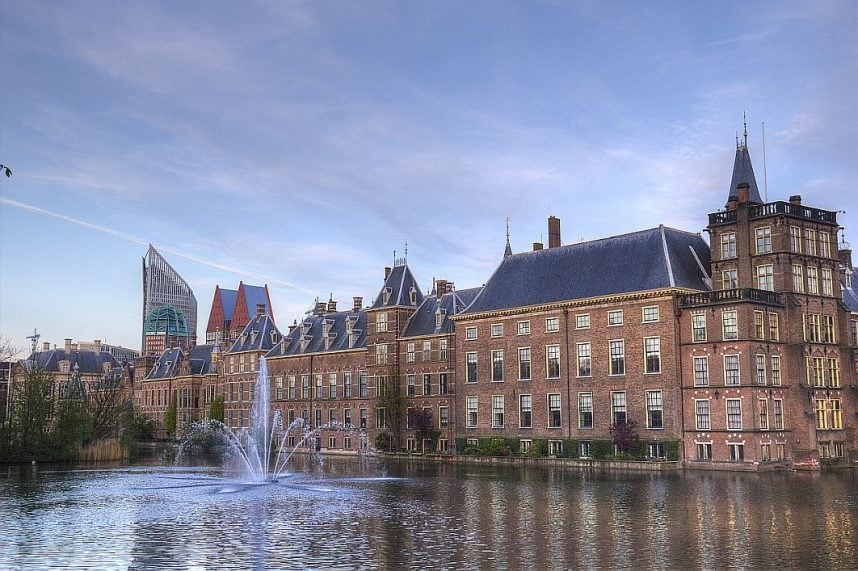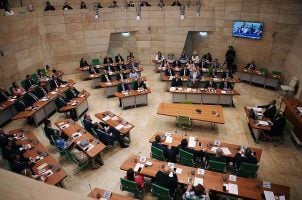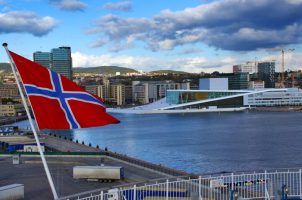Netherlands to Ban Sports Betting Ads and Sponsorships
Posted on: April 25, 2023, 03:19h.
Last updated on: April 25, 2023, 05:25h.
The Dutch government is introducing a general ban on untargeted advertising for offline and online gambling. The rules take effect on July 1.

The ban covers all radio and TV commercials and billboards on the street. It also includes a ban on sponsorships of TV programs and sports clubs, although that won’t take effect until next year. Advertising on the Internet and TV on demand can continue, but only under strict conditions.
The impending ban relates to untargeted advertising, meaning operators must ensure their ads don’t reach vulnerable consumers. These are described as those at risk of developing a gambling addiction or those not of legal gambling age. Blanket advertising for an online casino would fall into the untargeted advertising column.
The goal is similar to that of the current gaming environment in other countries. The main focus is responsible gambling and protecting vulnerable consumers from themselves.
The Netherlands introduced a regulated online gaming market about 18 months ago. This latest update has been in discussion for some time. However, it wasn’t until the new laws were published last Wednesday that everything became official.
Ban Rollout
The government will roll out the ban in phases, with the targeted gambling ad rules beginning in July. Then, next year, the ban on the sponsorship of events and programs by providers of online games of chance will begin. Finally, from July 1, 2025, the ban on sponsorships of sports locations and sports clubs by gambling companies will begin.
According to government data, the online casino market’s turnover in 2022 was about €450 million (US$496.21 million). Some in the market are concerned about how the ban might impact that figure, although other operators in other countries have been able to adapt to similar rules.
Complaints have also been made against the government for alleged hypocrisy over the new rules. Toto and Holland Casino spent €10.25 million and €8.54 million (US$11.3 million and $9.42 million), respectively, on advertising in 2021.
The state controls both entities. Local gaming data site Intikkertje points out that the amount is more than any private operator spent in the same period. The closest was Tombola, which spent €5.29 million (US$5.83 million).
The legislative reforms only signal a part of the changes to the Dutch gaming market. The government plans to study the reforms’ impact in a year to see if they’ve met their objectives.
Resisting Temptation
Dutch Minister For Legal Protection Franc Weerwind initially hoped to implement the new rules at the beginning of the year.
But feedback meant that certain language needed to be addressed. Weerwind understands the importance advertising plays in separating the licensed and unlicensed platforms and helped formulate the rules to address the government’s duty in protecting at-risk consumers. He hopes the new laws will help vulnerable individuals resist the temptation to gamble.
The introduction of the advertising ban is a complex matter, partly because of the current contracts between operators and sponsored parties. The main sponsorship of football club AZ by Kansino is a good example of this, as is the deal between Betcity and the creators of the Betstreet Boys podcast.
The clubs rely on the income the sponsorship deals bring in and say cutting off their income immediately could cause irreparable damage.
Related News Articles
Malta’s New Gambling Law Finds Scorn From the Netherlands
Norway to Protect iGaming Monopoly Through Mandatory DNS Blocking
Most Popular
LOST VEGAS: The Foster Brooks Robot at MGM Grand
Bally’s Sets Date for Tropicana Las Vegas Implosion & Party
Most Commented
-
VEGAS MYTHS RE-BUSTED: You Don’t Have to Pay Resort Fees
— August 2, 2024 — 16 Comments -
VEGAS MYTHS RE-BUSTED: Elvis Was a Straight-Up Racist
— August 9, 2024 — 11 Comments -
ANTI-SOCIAL BEHAVIOR: Vegas Casino Buffet Stunt in Poor Taste Goes Viral
— August 16, 2024 — 7 Comments -
VEGAS MYTHS RE-BUSTED: The Strip Tried Appealing to Families and Failed
— August 23, 2024 — 7 Comments
















No comments yet